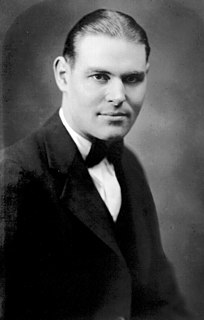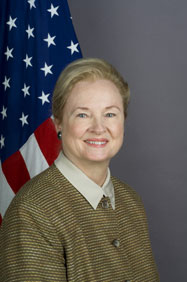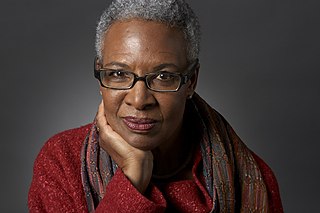A Quote by Raoul Peck
James Baldwin is one of the greatest, North American writers of the second half of the Twentieth Century. A prolific writer and a brilliant social critic, he foreshadowed the destructive trends happening now in the whole Western world and beyond, while always maintaining a sense of humanistic hope and dignity. He explored palpable, yet unspoken, intricacies of racial, sexual, and class distinctions in Western societies and the inevitable, if unnameable, tensions with personal identity, assumptions, uncertainties, yearning, and questing.
Quote Topics
Always
American
American Writer
Assumptions
Beyond
Brilliant
Century
Class
Class Distinction
Critic
Destructive
Dignity
Distinctions
Explored
Greatest
Half
Happening
Hope
Humanistic
Identity
Inevitable
James
Maintaining
North
North America
North American
Now
Palpable
Personal
Personal Identity
Prolific
Second
Sense
Sexual
Social
Societies
Trends
Twentieth
Twentieth Century
Unspoken
Western
Western World
While
Whole
World
Writer
Writers
Yearning
Related Quotes
On the future of the U.S., or of Western civilization in general, I tend to be quite pessimistic. I would say that today I see most of the symptoms of societies on the brink of collapse, not just in the U.S., but in the tightly interconnected societies of Western civilization - now essentially world civilization.
The vigour of civilised societies is preserved by the widespread sense that high aims are worth while. Vigorous societies harbour a certain extravagance of objectives, so that men wander beyond the safe provision of personal gratifications. All strong interests easily become impersonal, the love of a good job well done. There is a sense of harmony about such an accomplishment, the Peace brought by something worth while. Such personal gratification arises from aim beyond personality.
The different American experience of the 20th Century is crucial because the lesson of the century for Europe, which essentially is that the human condition is tragic, led it to have a build a welfare system and a set of laws and social arrangements that are more prophylactic than idealistic. It's not about building perfect futures; it's about preventing terrible pasts. I think that is something that Europeans in the second half of the 20th century knew in their bones and Americans never did, and it's one of the big differences between the two Western cultures.
In the middle of the nineteenth century, the United States embarked on a new relationship with death, entering into a civil war that proved bloodier than any other conflict in American history, a war that would presage the slaughter of World War I's Western Front and the global carnage of the twentieth century.
Social historians of the future no doubt will be amused by the fact that we late-twentieth-century Americans found it acceptable to discuss publicly in detail the most intimate aspects of personal life, while maintaining an almost prudish reserve concerning the political significance of family life.
The Orient that appears in Orientalism, then, is a system of representations framed by a whole set of forces that brought the Orient into Western learning, Western consciousness, and later, Western empire.... The Orient is the stage on which the whole East is confined. On this stage will appear the figures whose role it is to represent the larger whole from which they emenate. The Orient then seems to be, not an unlimited extension beyond the familiar European world, but rather a closed field, a theatrical stage affixed to Europe.





































